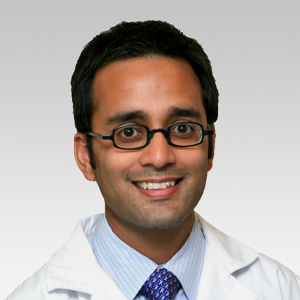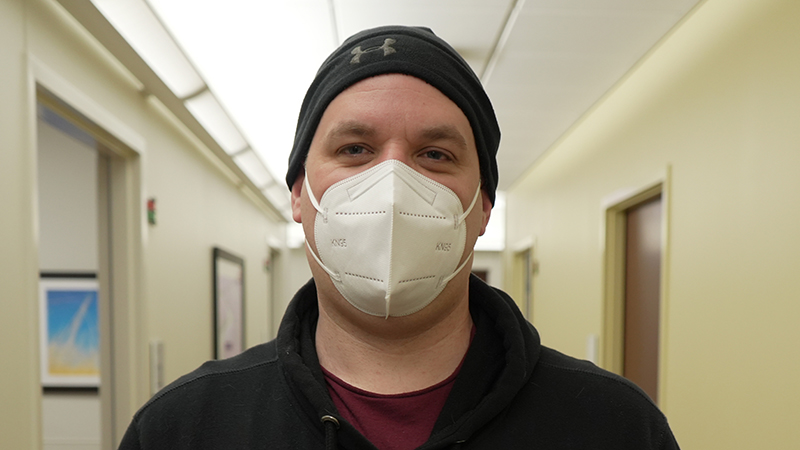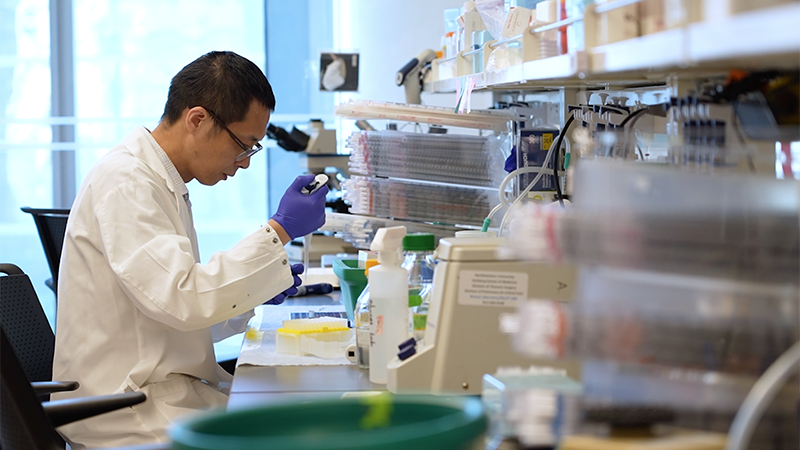Artificial Intelligence: Teaching Computers to Read Heart Ultrasounds
Can Machines Diagnose Heart Disease Earlier?
This article was originally published on Northwestern Medicine Feinberg School of Medicine News Center. It has been modified for Northwestern Medicine’s content hub, HealthBeat.
More than five million Americans are living with heart failure — a condition in which the heart cannot keep up to the demands of the body, leading to fluid retention, shortness of breath and fatigue. Northwestern Medicine Cardiologist Sanjiv J. Shah, MD is co-author of a recent study on artificial intelligence and heart failure. See how his research could impact how heart failure is diagnosed.
Cardiac Imaging and Artificial Intelligence
Dr. Shah, who is also the Stone Professor of Medicine in the Division of Cardiology at Northwestern University Feinberg School of Medicine, was a co-author of a recent study published in the journal Circulation that focused on the automated interpretation of echocardiograms (heart ultrasounds). The approach uses leading-edge deep machine learning and computer vision techniques, which are considered artificial intelligence.
Echocardiograms, which use high-frequency ultrasound waves to take pictures of your heart, and other forms of cardiac imaging can help detect early signs of heart disease. Currently, a specialist must conduct these tests and evaluate the images. However, an automated method of interpretation could “democratize echocardiography,” the authors wrote, helping to bring imaging to primary care settings and rural areas while slashing healthcare costs. This accelerated method of analysis could also benefit future research.
Automated, machine-learning-based cardiac imaging could lead to earlier diagnosis.— Sanjiv J. Shah, MD
In the study, a team of scientists used recent advances in deep machine learning and computer vision algorithms to develop a pipeline for the interpretation of cardiac structure, function and disease detection. They further demonstrated the accuracy and scalability of the method through the evaluation of more than 14,000 echocardiograms.
“Automated, machine-learning-based cardiac imaging could also lead to earlier diagnosis of treatable cardiomyopathies (heart muscle diseases) such as cardiac amyloidosis, an often-missed diagnosis in which proteins build up in the heart muscle and cause the heart to not work properly,” Dr. Shah explained. This condition can lead to congestive heart failure.
Congestive heart failure is one of the leading causes of hospitalization and death in older individuals. By employing artificial intelligence in cardiac imaging, physicians may be able to diagnose and treat heart muscle diseases earlier. Early diagnosis may help prevent or reverse heart failure, thereby leading to improved health in the population.







